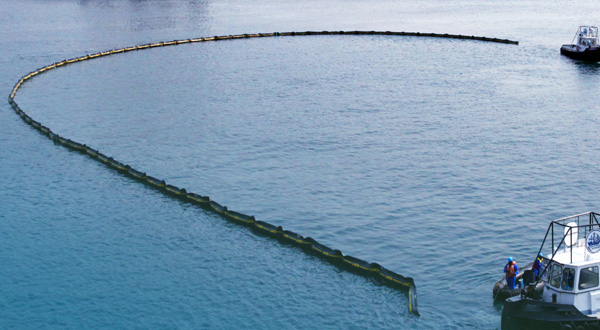It was on Thursday, December 5 when the Basel Ban Amendment, adopted by the Parties to the Basel Convention on the Control of the Transboundary Movement of Hazardous and Their Disposal in 1995, became international law.
In fact, the amendment, which is endorsed by 98 countries, bans the export of hazardous wastes from member states of the European Union; Organization for Economic Cooperation and Development (OECD) and Liechtenstein to all other countries.
This agreement is now a new Article (4a) of the Basel Convention.
The ban can be seen as relevant today, taking into account the continuing export of unwanted electronic wastes, plastic wastes and end-of-life vessels from the Global North to highly polluting operations in Asia and Africa.
Jim Puckett, Executive Director and Founder of the Basel Action Network notes that
The Ban Amendment is the world’s foremost legal landmark for global environmental justice. It boldly legislates against a free trade in environmental costs and harm.
According to a recent statement by the NGO NGO coalition, Shipbreaking Platform, despite the achievement of the Ban Amendment, the electronics and shipping industries are now trying to change the definition of that to which the Ban applies, with the aims to exempt their products from the legal restraints imposed by the Convention and the Ban.
In particular, it is said that the shipping industry has avoided some of its responsibilities for old obsolete ships to create its own Hong Kong Convention, designed specifically to perpetuate the dumping of toxic vessels on South Asian beaches.
What is more, countries such as United States, Canada, Japan, Australia, New Zealand, South Korea, Russia, India, Brazil, and Mexico are all noticeably absent from the list of countries of having endorsed the ban.
Jim Puckett, Executive Director and Founder at the Basel Action Network stresses that “there can be no excuse for any country to use poorer countries as convenient dumping grounds for their waste, and it is especially ugly to do this in the name of recycling or the circular economy,” adding that
With the Ban Amendment now international law, we hope and urge that all countries that have failed to ratify it will reconsider what it means to be global leaders in the age of globalization.


































































